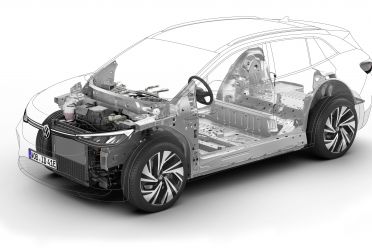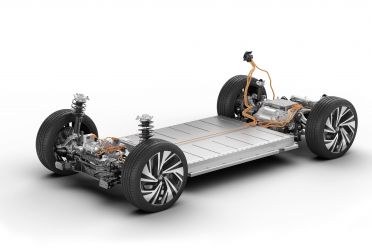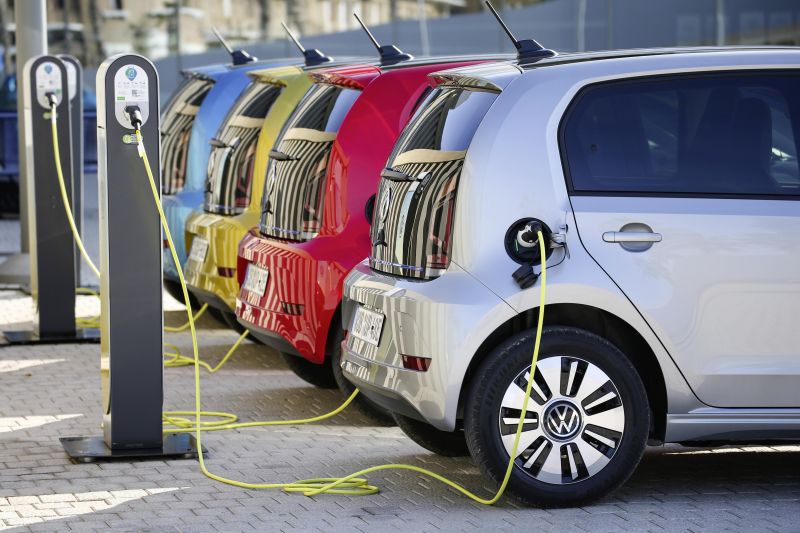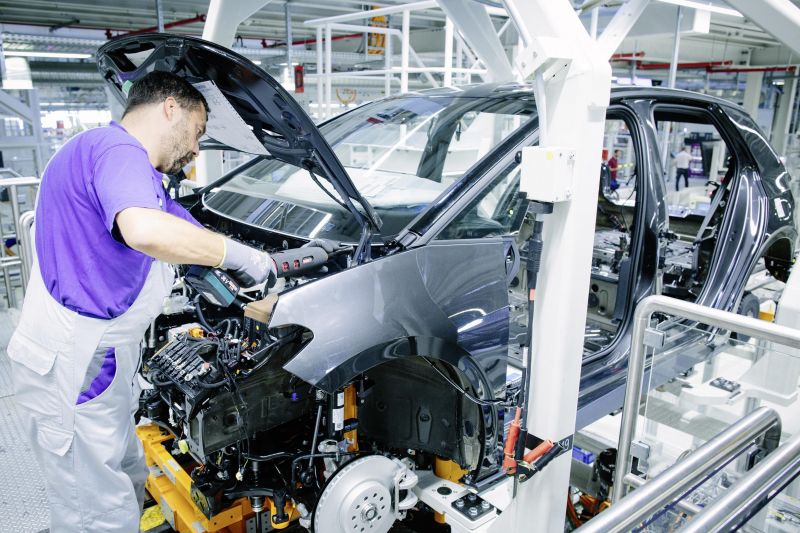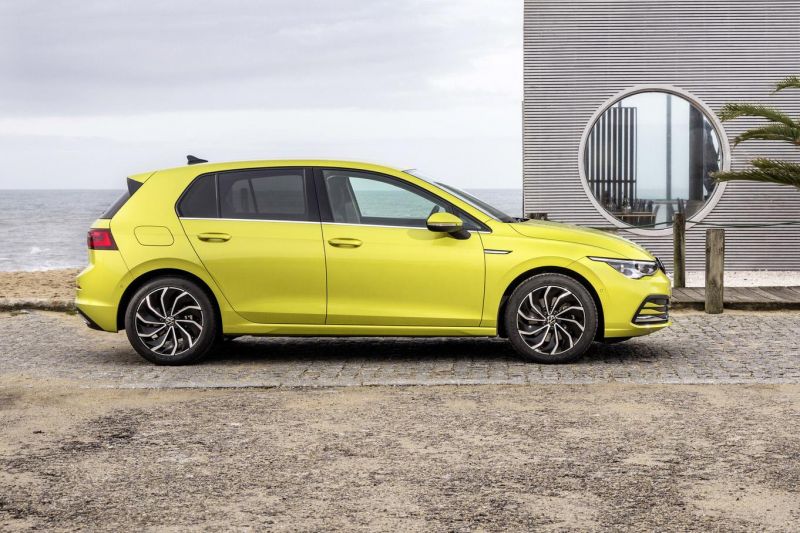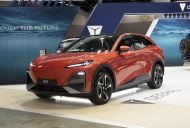Australia will be a low priority for Volkswagen’s rollout of electric vehicles until state and Federal governments are willing to work together on a uniform policy – especially given the the heavy financial burden of not reaching CO2 targets in European markets.
“Our primary difficulty is that there is no CO2 target in Australia, and markets like Europeans and other first world markets that are subject to those restrictions and massive fines if CO2 targets aren’t reached are of course going to be prioritised for zero emission vehicles,” Paul Pottinger, Volkswagen Australia general manager for corporate communications told CarExpert.
Volkswagen believes Australians are very much in support of electric vehicles and quickly adopt new technologies, but the double whammy of no CO2 targets and no uniform government direction makes ours a challenging market.
The recent introduction of the road user charge by the Victorian government highlight’s the challenges faced for potential electric vehicle buyers.
“We would like to see our automotive conditions emulate those of Europe,” Mr Pottinger told CarExpert.
“We have all sorts of anomalies here, we have a Victorian government that double taxes plug-in hybrids.
“Our colleagues at Toyota with their 25-year-old self-charging hybrids which we hear about so much are only subject to the fuel excise, but if we were to bring in a PHEV [plug-in hybrid electric vehicle] it would be subject to road user charge and the fuel excise,” he said.
“It’s clear to me there is a complete dearth of technical knowledge in the Victorian Government.
“We call this a thought bubble tax, and we call the token compensatory measures are a bubble response. It’s obvious that a state and Federal government uniform approach is required.
“They didn’t think this through and they certainly didn’t ask anyone,” Mr Pottinger said.
Almost one third of Volkswagen Australia’s sales are from the metro Melbourne region, which indicates why the new electric vehicle tax will impact the brand.
Volkswagen last year said it’s investing US$86 billion ($110 billion) into electric vehicles in the next five years, and its ever expanding range of I.D. vehicles is a clear indication of its intent and direction. When Australians will see the benefit of that investment still remains to be seen.
Mr Pottinger says that Volkswagen is not asking for EV incentives, it’s asking for governments to remove disincentives while electric vehicles gain traction.
“The road user change will come in and we don’t disagree with that [in other states] when a certain degree of volume has arrived,” he said.
“Why tax something that is less than one percent of the market before its here and effective? It makes no sense whatsoever.”
While Europe continues to pass stricter emissions laws and states like California forge a carbon-free path, Australia remains in hiatus with manufacturers able to continue to sell existing internal-combustion cars without restriction.
An example of this is the Mk8 Volkswagen Golf, which does not require a petrol particulate filter here in Australia.
That’s great for enthusiasts who enjoy the noise and lack of additional complications on their engine, but environmentalists may think otherwise.
“There are clear and present priorities in markets where there are massive financial penalties if you dont meet CO2 targets, and they are going to be prioritised for zero emission vehicles – and that’s just a fact of it.
“Nevertheless we have made a commitment to lower our CO2 [in Australia]. It’s a voluntary code with the FCAI, there is no penalty on that as it’s voluntary, but we do treat it as a public commitment and if we can use that with our ongoing discussions with the factory we will do just that.”
Volkswagen Australia doesn’t offer a full-electric vehicle for sale in Australia.

